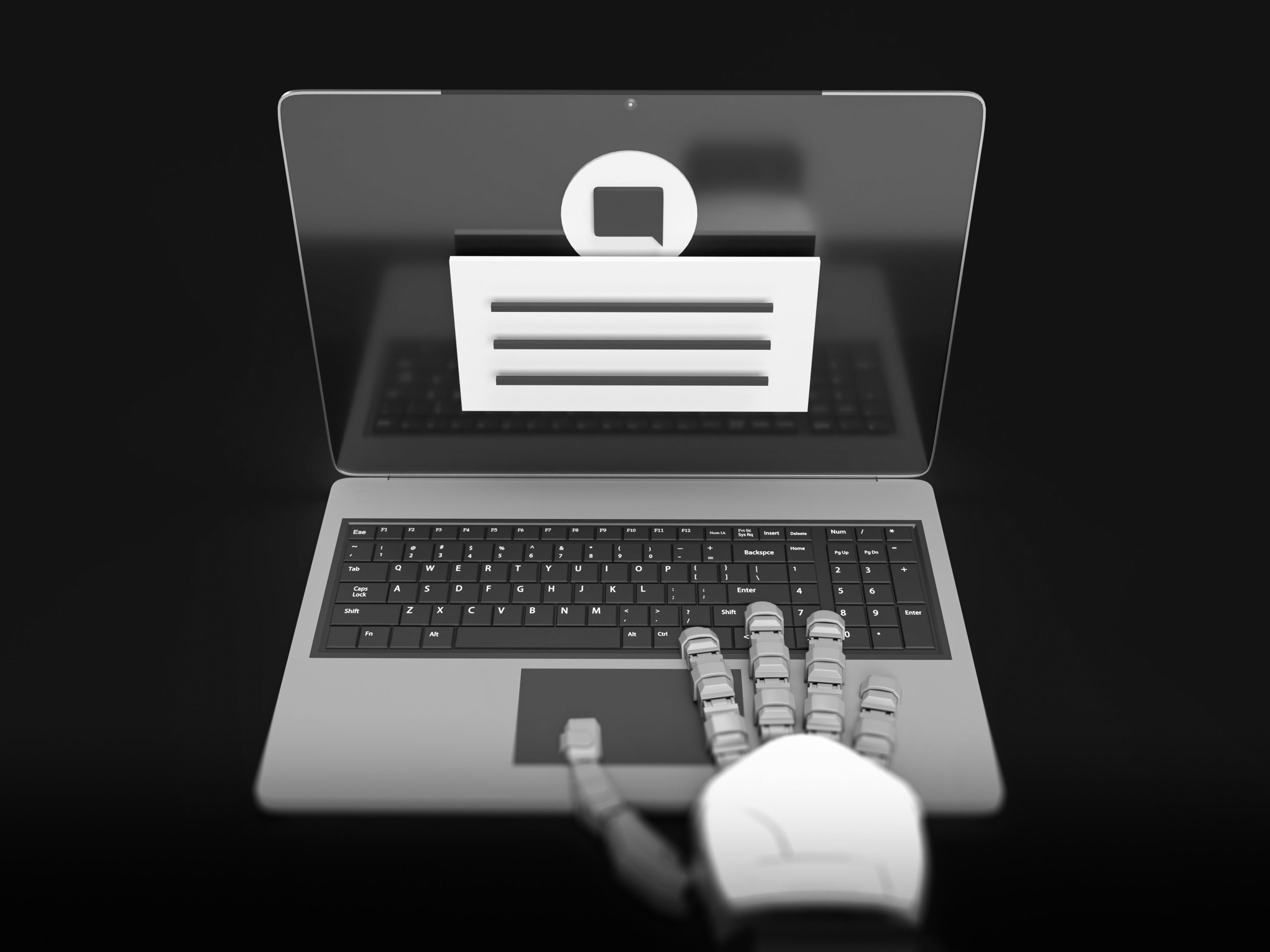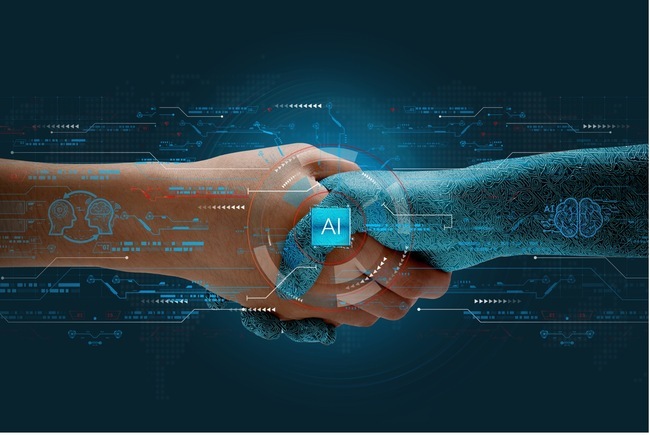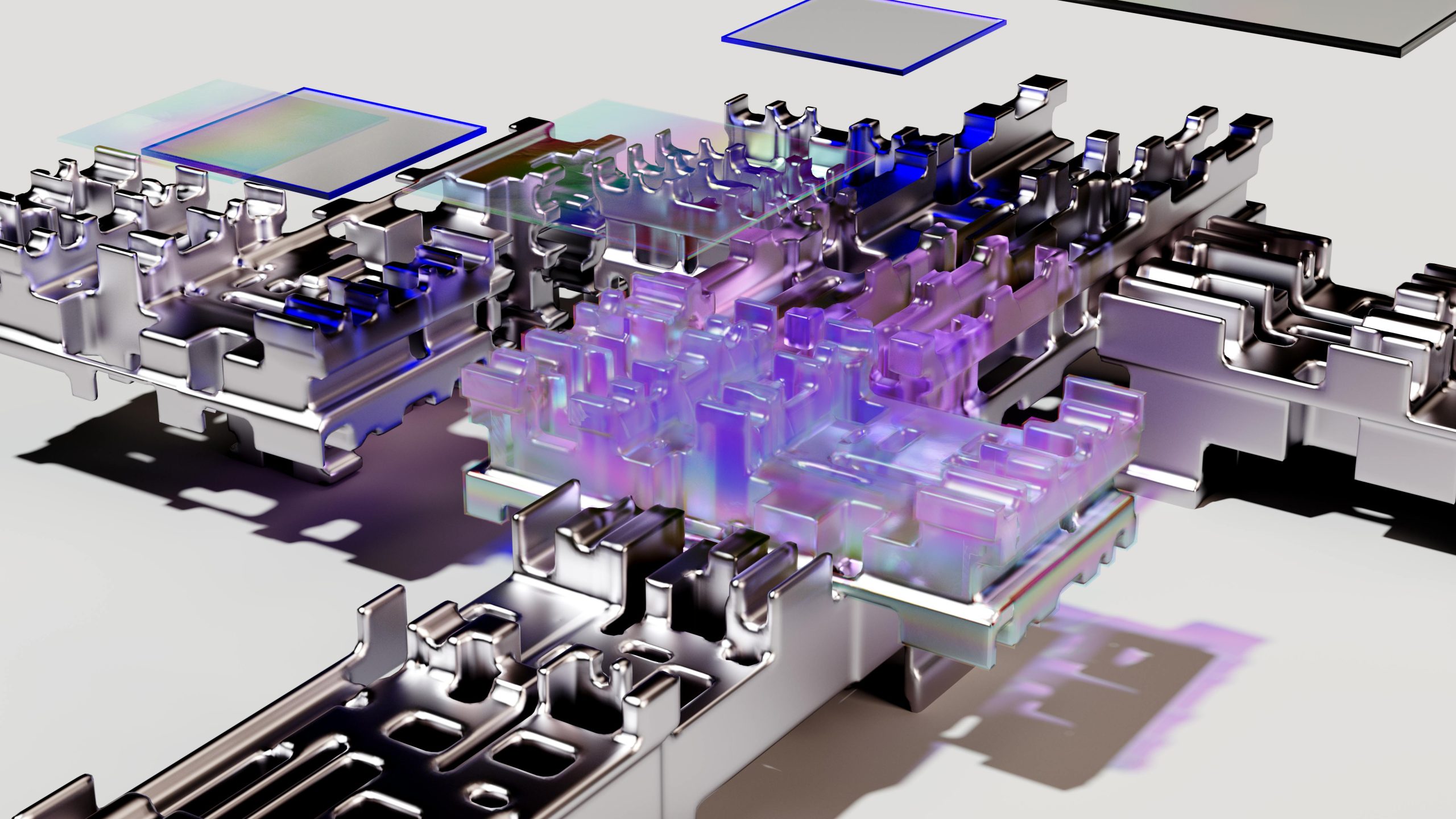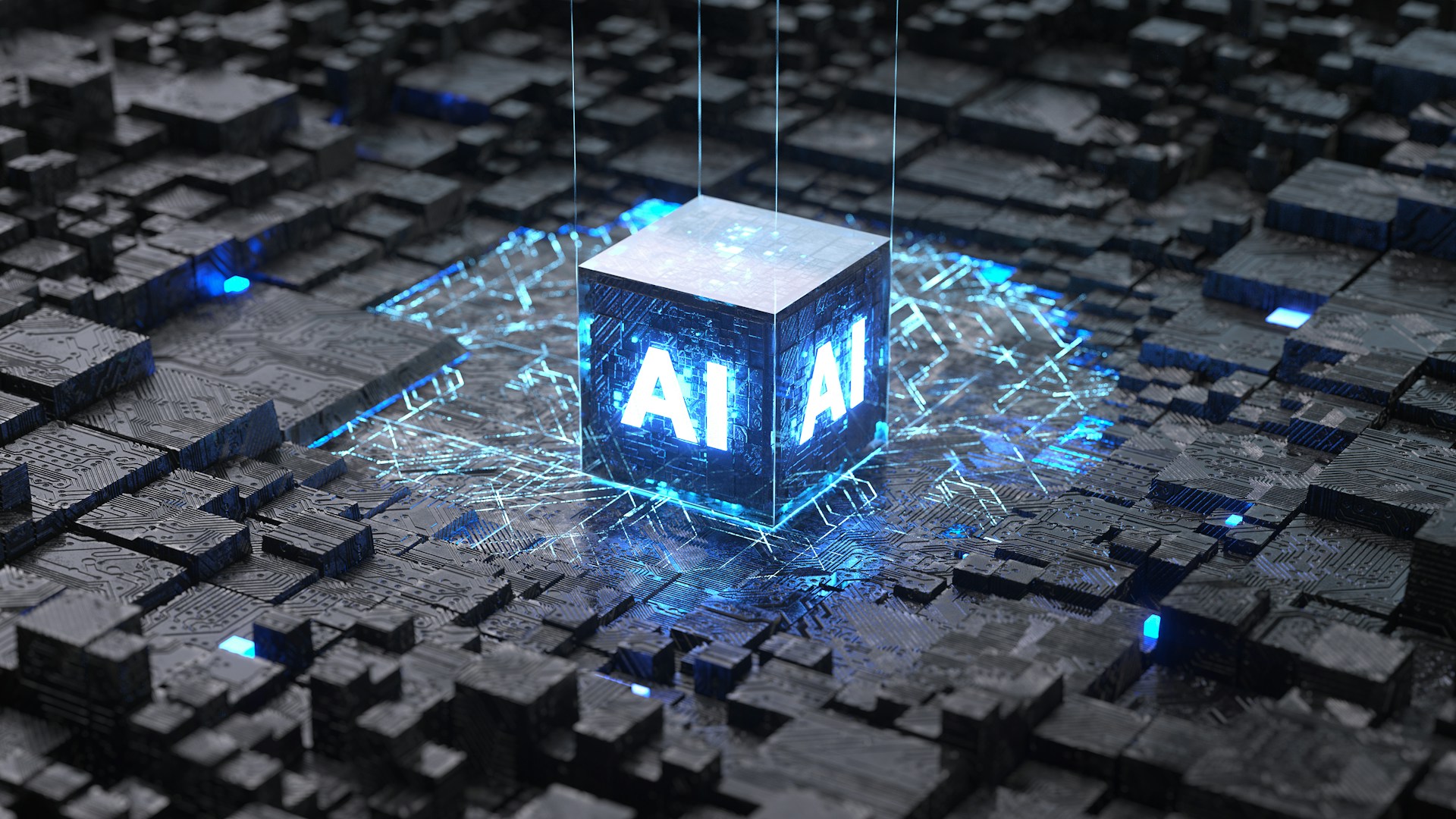Did you know the number of ‘active shooter incidents’ in America has shot up since 2015? This shocking fact shows the tough issues we face as the world evolves. Amidst these problems, the use of artificial intelligence (AI) in protecting human rights is crucial. Dave Antrobus, the Co-Founder and Chief Technology Officer of Inc & Co, is a key player in this area.
Dave Antrobus has always promoted the use of ethical AI. He works hard to ensure that AI is developed and used responsibly. With AI impacting almost all parts of human life, Antrobus stresses the need to factor in human rights protection. This method protects our freedoms and leads to balanced advances in technology.
As we deal with AI’s ethical issues, Dave Antrobus’s efforts give us hope. He proves that tech growth can align with human rights. His commitment to this cause teaches us something important: we must carefully consider AI’s effects on people. Antrobus leads the way in making the future of AI more ethical and just.
The Intersection of AI and Human Rights in the UK
In the UK, AI and human rights intersect in a complex way. It’s vital to make sure technology benefits everyone and respects freedoms. For example, with the Forth Yards project in Newcastle getting £5 million, AI’s power to transform housing is clear. This massive project plans for many homes, offices, and community spaces. It shows how tech can improve city living and match the UK’s tech goals.
Using AI to solve problems, like the need for more social housing, is promising. Over 66,000 people are waiting for homes in the region. AI is helping design a pedestrian and cycle path in Newcastle. This shows how AI can improve urban planning and solve transport problems.
Yet, introducing AI quickly brings up issues about technology and ethics. It’s key to make AI systems that respect human rights, keep privacy, and are transparent. The UK is working hard to include ethical rules and strong regulations in its tech policies. This effort is highlighted by using AI to predict and manage extreme weather, experienced at Kew Gardens and Heathrow recently.
For AI to work well in the UK, we must find a balance. Technological growth needs to be matched with safeguarding human rights. As AI develops, keeping an eye on ethics is essential. This ensures progress benefits everyone and sticks to the core values of British society.
Dave Antrobus: A Pioneer in Digital Ethics
Dave Antrobus is a leading figure in digital ethics. He tirelessly works on creating ethical rules for tech growth. He ensures new technologies are beneficial and don’t harm our freedoms.
He shows how crucial it is to think about ethics in technology. Antrobus wants ethics to be part of tech from the start. His talks on protecting rights online are very timely and relevant.
Antrobus doesn’t just talk; he helps make important rules for the digital world. His work is vital in discussions on how to innovate safely. Dave Antrobus is an inspiration for future leaders in technology. He shows that thinking about ethics is key for progress.
Understanding AI’s Ethical Implications
The rapid growth of artificial intelligence in different areas has begun important talks on AI ethics. A McKinsey report states that generative AI might cut human-required contacts by 50 percent. This shows both the power and ethical worries of this technology. AI ethics is vital for making sure AI helps society fairly.
AI can make user experiences very personal. About 70 percent of contact centres believe in GenAI’s ability to personalise. GenAI systems can look at customer activity, likes, and web history to recommend products or services. But, we need to watch out for biases in these systems and protect user privacy and freedom.
Apple’s new Apple Intelligence features in iOS 18 show AI’s ethical sides. These are available on iPhone 15 Pro and Pro Max. They work better at understanding language and knowing what the user is doing. Siri’s improved language skills mean better conversations. But, this brings up worries about how data is used and kept private.
AI is also affecting jobs, with 58 percent of workers thinking their skills will need to change in five years because of AI and big data. Additionally, 92 percent of ICT jobs will see big changes. It’s important to develop ethical training to get workers ready for these changes. Doing this ethically means avoiding unfair job losses or making people’s skills useless.
In conclusion, it’s key to understand AI’s ethical issues to make progress fair. We need strong rules to fight bias, protect privacy, and keep humans in control. As AI grows, we must ensure technology advances with a focus on ethics. This way, AI’s benefits won’t harm basic human rights.
AI and Human Rights: Challenges and Opportunities
The use of artificial intelligence (AI) is growing in many sectors, bringing amazing benefits and significant risks, especially to human rights. One major challenge with AI is to make sure it does not harm individual rights or spread unfair judgements. As AI technology evolves quickly, we need strict rules to prevent negative effects on human rights.
Yet, AI also opens doors to boost human abilities and support fairness in various areas. It can better healthcare, make education more accessible, and increase diversity at work. But, we must weigh these gains against possible harms like too much surveillance or biased algorithms.
David Antrobus, an expert on digital ethics, believes in strong rules to tackle AI challenges. He thinks protecting human rights in the digital era needs teamwork between governments, tech experts, and the community. By tackling these issues early, we can use AI to build a fairer society.
In the UK, which is at the forefront of tech innovation, ensuring AI respects human rights is critical. Steps include legal action or designing technology ethically to protect personal freedoms. AI’s dual aspect, offering both new possibilities and risks, calls for careful and thoughtful handling.
Technological Innovation and Future Society
Technological innovation is constantly changing our view of the future. Artificial intelligence (AI) is now a big part of our daily lives. It has changed society by making processes smoother and helping with decisions.
AI plays a big role in checking ages online, as seen in a study by VerifyMyAge. In the UK, many people worry about how their age is checked when they view adult content. This highlights the need for trustworthy digital ID services, like the upgraded mobile drivers’ licences in Arizona.
AI is also vital in areas like cybersecurity and customer support. It quickly spots security risks and fights them. In customer service, AI chatbots provide quick and automated help, showing how widely AI is used.
In the UK, the police’s use of live facial recognition has proven effective, despite some concerns. Over 72% of businesses are now using AI, says McKinsey & Company. This shows how eagerly AI’s role in the future is awaited.
AI agents are crucial for AI’s growth, doing tasks in health, education, and transport. Klover.ai says we might soon have 172 billion AI agents. But, to make these agents work well, people must be properly trained.
With these advancements, our society is moving towards a future where everything is connected. This promises to improve our way of life and how we function in a futuristic world.
The Role of UK Technology in Safeguarding Privacy
In today’s world, privacy issues are a big topic, especially with artificial intelligence. The UK’s technology sector plays a key role. It’s leading the way in protecting privacy and keeping data safe. This is because of strict rules and high industry standards. The General Data Protection Regulation (GDPR) shows the UK’s dedication to protecting our digital rights, influencing data security around the world.
UK technology is also leading in building secure systems for the huge amounts of data from AI. For example, Meta’s LLama 3, which uses 15 trillion tokens, shows the need for strong privacy measures. This means keeping personal data safe and following international rules to keep everyone’s trust.
Working with other European countries helps the UK’s tech sector lead in privacy and data security. Projects like Italy’s ‘Digital Library’, funded with €500 million from the ‘Next Generation EU’ package, help the UK get better at protecting data. These partnerships provide valuable knowledge and ways to share data safely.
Data breaches and cyber threats are common today, but UK technology is fighting back. It’s finding new ways to keep our privacy safe without stopping progress. By keeping data security tight, the UK not only helps its own people but also shows the world how to do it right.
Ensuring Accountability in AI Systems
Trust and the protection of human rights hinge on AI accountability. With AI’s growing role in various fields, responsible AI is essential. Transparent AI practices mean those involved can answer for their actions. This builds a safer, more dependable digital world.
Today, keeping customer data safe is crucial for 86% of businesses. Given that 65% of data threats come from attacks like hacking, AI’s role in data protection is clear. Data incidents harm 52% of affected customers through financial loss or identity theft. This underlines the need for AI that keeps data safe.
Regulatory compliance is also critical, as 44% of businesses have faced legal issues from not following rules. Clear AI practices help avoid problems and encourage ethical behaviour. Encrypting data stops unauthorised access in 78% of cases, showing strong security in AI is vital.
Tools like two-factor authentication have cut insider threats by 60%. Regular updates prevent 70% of cyberattacks. These facts show how crucial it is for AI systems to be watched and refined. Functions for checking and recording AI activities help catch issues early in 58% of instances.
Teaching users about AI improves data safety awareness by 50%. This helps create a culture that knows the risks AI can bring. By making AI accountability a priority, businesses protect against threats and maintain their AI’s integrity.
Collaborative Efforts and Global Perspectives
The need for teamwork in tackling AI’s ethical issues is crucial. No single country can handle the global impact of AI on its own. Together, governments, industries, and academia work to set international norms. This ensures AI advances respect ethical values.
A shining example of teamwork is the Caduceus S AR surgical system in Thailand. It proves how joint expertise can lead to major advances. The system has improved surgeries, making them safer and more accurate. The collaboration between teams from Taiwan and the US shows the power of global cooperation.
AI technologies face complex regulations requiring countries to work together. The Caduceus S system’s approvals across several countries highlight its global acceptance. Such teamwork is key for safely bringing AI into various fields.
Open discussion and sharing data among nations are vital, says a report by the National Telecommunications and Information Administration. This cooperation helps manage the risks of AI, including threats to security and privacy. An executive order by the Biden administration supports these aims, asking for transparency in AI.
For AI to benefit everyone, worldwide cooperation is needed. By joining efforts, countries can make sure AI helps us all fairly. This way, AI’s vast possibilities can improve lives around the globe.
The Road Ahead: Policy Recommendations
Artificial intelligence is spreading across various sectors. To protect human rights, we must create strong policy recommendations. Such rules will help manage AI ethically, ensuring it respects fundamental rights.
Governing AI is key. Authorities should make clear rules that ensure AI is transparent, fair, and responsible. These guidelines will help organisations use technology ethically.
Funding research into AI is vital. It leads to new discoveries, considering ethical and social issues. Working together, academics, industry leaders, and policymakers can push this research. They’ll make sure advancements follow ethical governance standards.
Getting everyone involved in AI discussions is important. By listening to many voices, including the public and experts, we make better policies. This way, AI regulations reflect various views and concerns.
To wrap up, forming good AI policies needs thinking about governance, research, and everyone’s input. Focusing here, the UK could set an example in ethical AI use and regulation.
Conclusion
The talk around AI and human rights is crucial for our future with AI. Dave Antrobus leads the way, showing us how to build ethical AI that respects human rights. We’ve seen a lot of progress but also faced many ethical dilemmas that keep the debate alive about using AI responsibly.
The article sheds light on both the challenges and chances our technological advancements bring. It stresses the need for privacy, accountability, and working together worldwide. With big investments like the $160 billion in autonomous transport by 2022, these discussions become even more important. They help us figure out the best policies to follow.
Looking forward, it’s vital we all agree to follow ethical guidelines and protect human rights in the development of AI. Our aim should be to integrate technology with our values smoothly, leading to positive outcomes for AI. If we listen to experts and work together, we can make our AI future safe, ethical, and beneficial for everyone.







